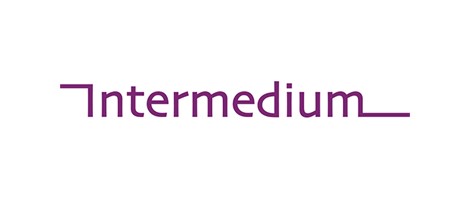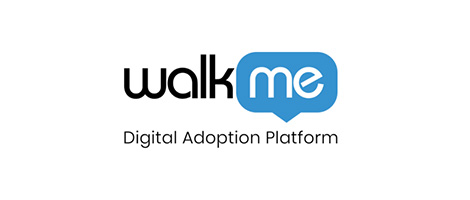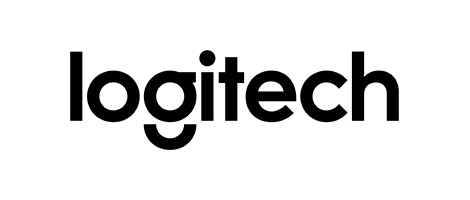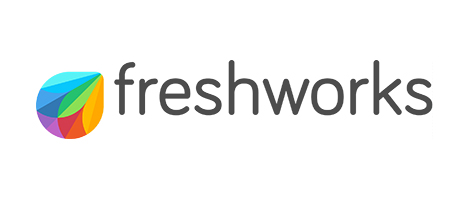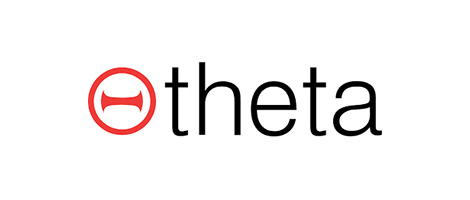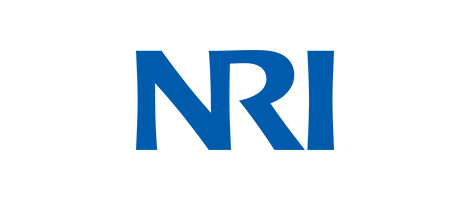The 10th Edition of the FSTGov Future of NZ Government Summit 2024 poses a redefined outlook and exploration of NZ Digital Government.
With the last two years’ Summits reaching capacity at Te Papa Tongarewa, the 2024 event continues to successfully facilitate ideation, insights and connections between a record number of public sector ministries, higher education, community-facing organisations and trusted technology partners.
FSTGov Future of NZ Government Summit 2024 marks a special edition bringing together the core leaders of New Zealand’s ICT and digital transformation with a significant agenda following 2023’s election changes, set to cover:
- Whole-of-government system leadership and collaboration mechanisms.
- Embedding Māori Data Sovereignty in Digital Government.
- Entering a new age of digital literacy.
- Steps to develop and retain a skilled workforce amid an operating model redesign.
- Legacy systems, cloud and infrastructure modernisation.
- Learn how to leverage digital technologies to optimize government service delivery.
- Uncover strategies for standardizing digital processes and investments to reduce redundancy.
- Find pathways to cultivate a culture of digital innovation and fiscal responsibility within government departments.
- Maintaining Strategic Momentum: Techniques for leaders to sustain progress on digital projects, informed by New Zealand's focus on a modern, agile, and adaptive public service.
- Cultivating Collaborative Innovations: Exploring methods to foster partnership between government and industry, building on New Zealand's digital government partnerships and international collaborations.
- Adapting to Digital Disruptions: Navigating digital disruptions by leveraging technologies and data to benefit the people, government, and economy, ensuring resilience in New Zealand's digital landscape.
Our peer to peer roundtable discussions enable you to engage with other attendees as they rotate from table to table.
Each discussion features one of 16 distinct topics and is hosted by a technology expert together with a government co-host to drive an engaging conversation amongst the participants.
This year's top themes span across Digital Leadership, Workforce Transformation & Development, IT Capabilities, Evolving Technology, Cyber Uplift, Advanced Data & Analytics, and more.
See live, in action how you can:
- Boost operational efficiency: Help employees be proficient in new technologies fast.
- Maximise tech investments: Resolve digital friction and derive value from your software investments to adapt to future changes.
- Minimise strain on support: Provide support for users at the point of friction to improve efficiency and reduce support costs.
- Business Risk Mitigation: Promoting a culture of responsible cyber security practices within organisations, aligning with New Zealand's digital transformation strategy.
- Rapid Reprioritisation: Tactics for optimising cyber security budgets and resources, reflecting New Zealand's strategic investments in digital and data infrastructure.
- Advancing Practices, Standards, and Planning: Elevating cyber security maturity by integrating advanced data analytics and intelligence.
- Human Firewall: Empowering staff and students as the first line of defence while cultivating a security-conscious culture within educational institutions.
- Opportunities for Innovation: Encouraging innovative approaches to tackle evolving cyber threats while fostering collaboration.
- Future-proof Cyber Security Solutions: Exploring generative AI vs. general intelligence for enhanced defence strategies.
- Building Quality Data Foundations: Best practices for ensuring data accuracy, consistency, and governance across government departments.
- Enhancing Data Sharing and Collaboration: Explore strategies to facilitate data sharing across governmental agencies to improve collaboration and service delivery, including the use of AI tools.
- Developing Supportive Data Policies: Crafting and implementing policies that promote data interoperability, privacy, and security, ensuring a robust framework for unified data management across all levels of government
- Scaling at Speed: Discuss strategies for rapidly expanding capabilities and infrastructure to meet increasing demands, ensuring agile and responsive public service delivery.
- Leveraging AI for Impact: Highlight the potential of AI to enhance public services by improving processes, driving innovation, and delivering better outcomes for citizens.
- Fostering Collaboration and Engagement: Emphasise the importance of building strong partnerships and engaging stakeholders to drive successful implementation and sustain long-term improvements.





